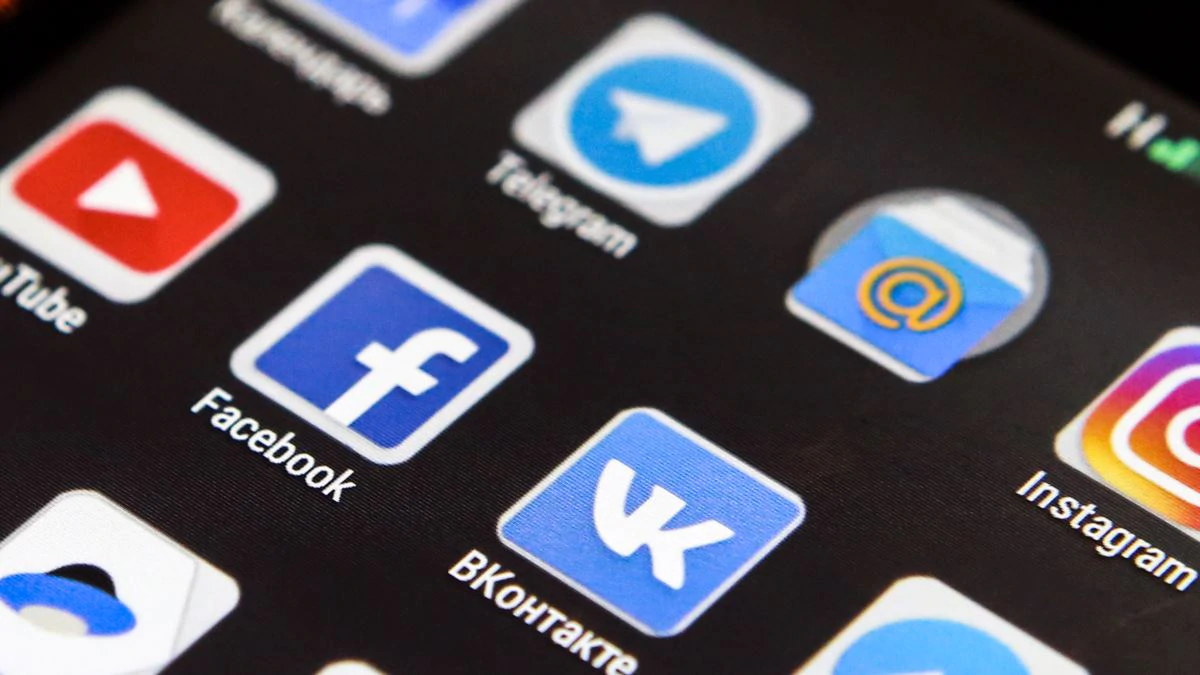
Russia’s media regulator, Roskomnadzor, says the country needs an alternative to YouTube, the U.S. online video-sharing platform that it struggles to censor.
“Due to the absence of a direct competitor in Russia, YouTube is still irreplaceable,” Roskomnadzor said in a statement on December 29.
The regulator added that there was a need for a “popular equivalent” in Russia that would reduce Russians’ dependence on foreign social media.
The Kremlin is losing its grip on information dissemination inside the country as more and more Russians turn to foreign social-media sites like YouTube and Instagram for content.
Russian President Vladimir Putin has been able to maintain high ratings during his two decades in power in part thanks to Kremlin control over the country’s main TV stations.
An effective and popular Russian competitor to YouTube would enable the government to impair YouTube’s ability to operate inside the country.
Roskomnadzor’s comments came the same day that Russia’s Investigative Committee launched a criminal case against Aleksei Navalny, the Kremlin critic who has deftly used YouTube to expose corruption at the highest levels of government.
It also comes the same day that Gazprom-Media, the media arm of state-controlled natural-gas giant Gazprom, acquired a 100 percent stake in Russian video-streaming service Rutube.
Gazprom-Media is Russia’s largest media company, with holdings including several leading television channels, radio stations, and print media.
Roskomnadzor’s chief, Aleksandr Zharov, said work was under way to make Rutube as “convenient” as YouTube.
On December 23, the State Duma approved in a final reading a bill that would allow Roskomnadzor to block websites that “discriminate against Russian media.”
Roskomnadzor would be allowed to partially or fully restrict or slow access to websites found in violation of the law.
The bill is seen affecting major social media such as YouTube, Facebook, and Twitter.
This post was originally published on Radio Free.